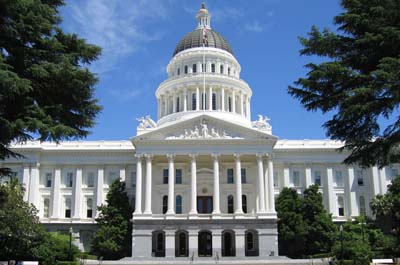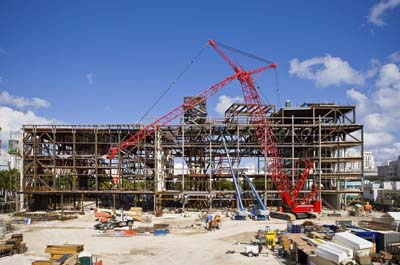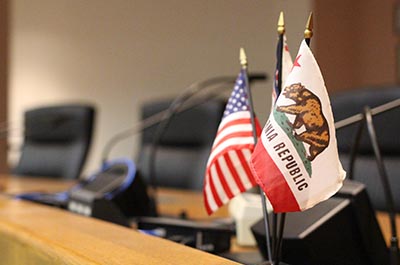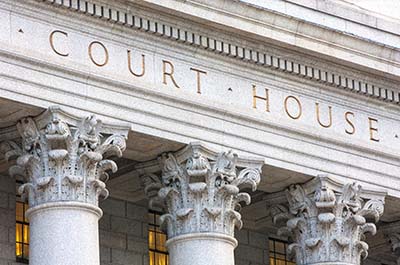The California Legislature recently enacted a series of updates to the California Environmental Quality Act (CEQA). Outlined below are three significant pieces of legislation: Senate Bill (SB) 69, SB 149, and Assembly Bill (AB) 356.
The start to 2024 brings with it some exciting changes regarding the accessibility of the progressive design-build (PDB) construction delivery method to California cities, counties, special districts, and transit districts.
Assembly Bill (AB) 334, which became effective on January 1, 2024, clarifies conflict of interest rules for independent contractors, particularly in relation to projects that have multiple phases.
The California Court of Appeal recently upheld a parcel tax structure as approved by the voters in the Alameda Unified School District (District).
In October 2023, Governor Newsom signed a collection of bills making significant changes to the Surplus Land Act.






